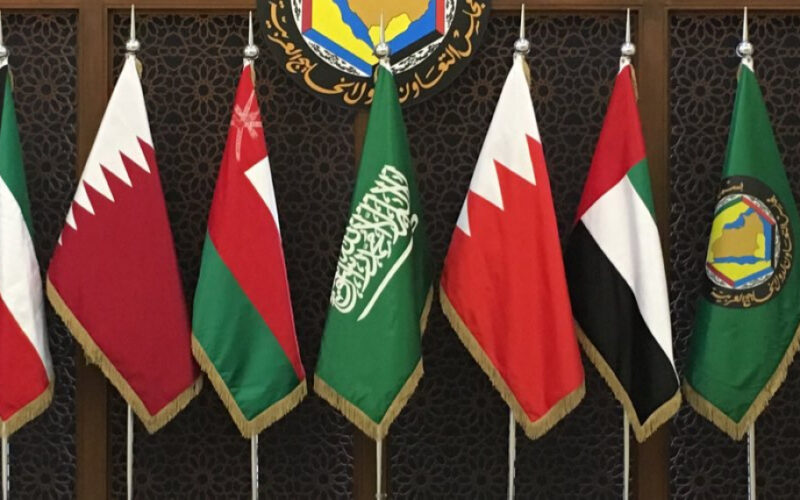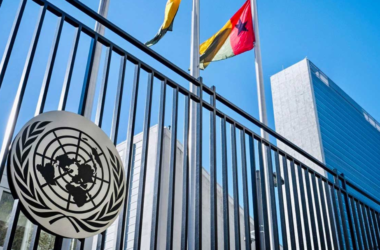Pentagon officials began meetings in Riyadh with Gulf Cooperation Council (GCC) counterparts on Wednesday, addressing what a senior US defense official described as one of the region’s “most challenging periods” in recent history due to persistent threats from Iran and its proxies.
“The region is experiencing one of the most challenging periods in recent years. Threats from Iran and its proxies are pervasive, demonstrated by an unprecedented number of Iran-backed attacks since October,” the senior defense official stated ahead of the meetings.
The primary objectives of these discussions include enhancing cooperation on integrated air and missile defense, particularly through increased early missile warning data sharing. “These conversations are really more important than ever,” the official emphasized.
Dan Shapiro, the top Pentagon official for the Middle East, is leading the US delegation. Shapiro highlighted the strong commitment among GCC and regional partners to invest further in these defense efforts and technologies.
Another focus of the meetings is maritime security, specifically addressing Houthi attacks on international shipping. Yemen’s Houthis have conducted over 90 such attacks in the Red Sea since the outbreak of the Gaza conflict. Despite coordinated US-UK airstrikes, the Houthis continue to pose a threat, and the US acknowledges challenges in fully assessing the group’s capabilities.
“These attacks impact the entire region and have global ramifications. We look forward to discussing how we can expand cooperation with our Gulf partners to mitigate the Houthi threat to maritime security,” the senior US defense official noted.
The official also expressed concerns about the Houthis’ potential to extend their reach as far as the Mediterranean Sea, although no such attacks have been observed yet.
Efforts to coordinate air and missile defense systems across the Middle East have faced hurdles, particularly following Israel’s transition into the US Central Command (CENTCOM) area of responsibility. Nevertheless, the integrated air and missile defense working group is crucial, especially after the unprecedented Iranian attack on Israel on April 13, which highlighted the importance of such defense systems.
The IAMD working group in Riyadh will evaluate current air threats to regional security, discussing multilateral efforts to counter these threats, including expanding early warning systems and sharing information.
“Our basic message as we head into these discussions is that we’re stronger when we act together,” the senior defense official concluded.
Dana Stroul, Shapiro’s predecessor, recently advocated for a joint statement of commitment to multilateral security from the US and GCC militaries, suggesting that Washington should assure Gulf partners of the same defensive support given to Israel if Iran directly attacks.
New technologies and systems being acquired by US partners and allies in the region present opportunities for further integration into the collective air and missile defense network.
Joseph Votel, former head of US military forces in the Middle East, indicated that these meetings offer an excellent opportunity to review how US, Israel, and regional partners effectively responded to the April 13 attacks. This could lead to a more cohesive regional defense strategy.
A joint statement following the meeting confirmed that attendees concurred on urgent and shared assessments of air threats, including missiles and drones, and discussed countermeasures against “unprecedented destabilizing activities by malign actors in the Middle East.”
The maritime security working groups emphasized the importance of international efforts in maintaining regional maritime security and committed to reviewing the duties of the Combined Maritime Force (CMF) to include counter-smuggling and enhancing intelligence cooperation.
No specific mentions of Iran or its proxies, except for the Houthis, were made in the joint statement. However, a GCC Early Warning Study was agreed upon to take place later this summer.








